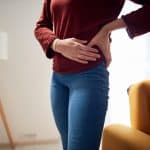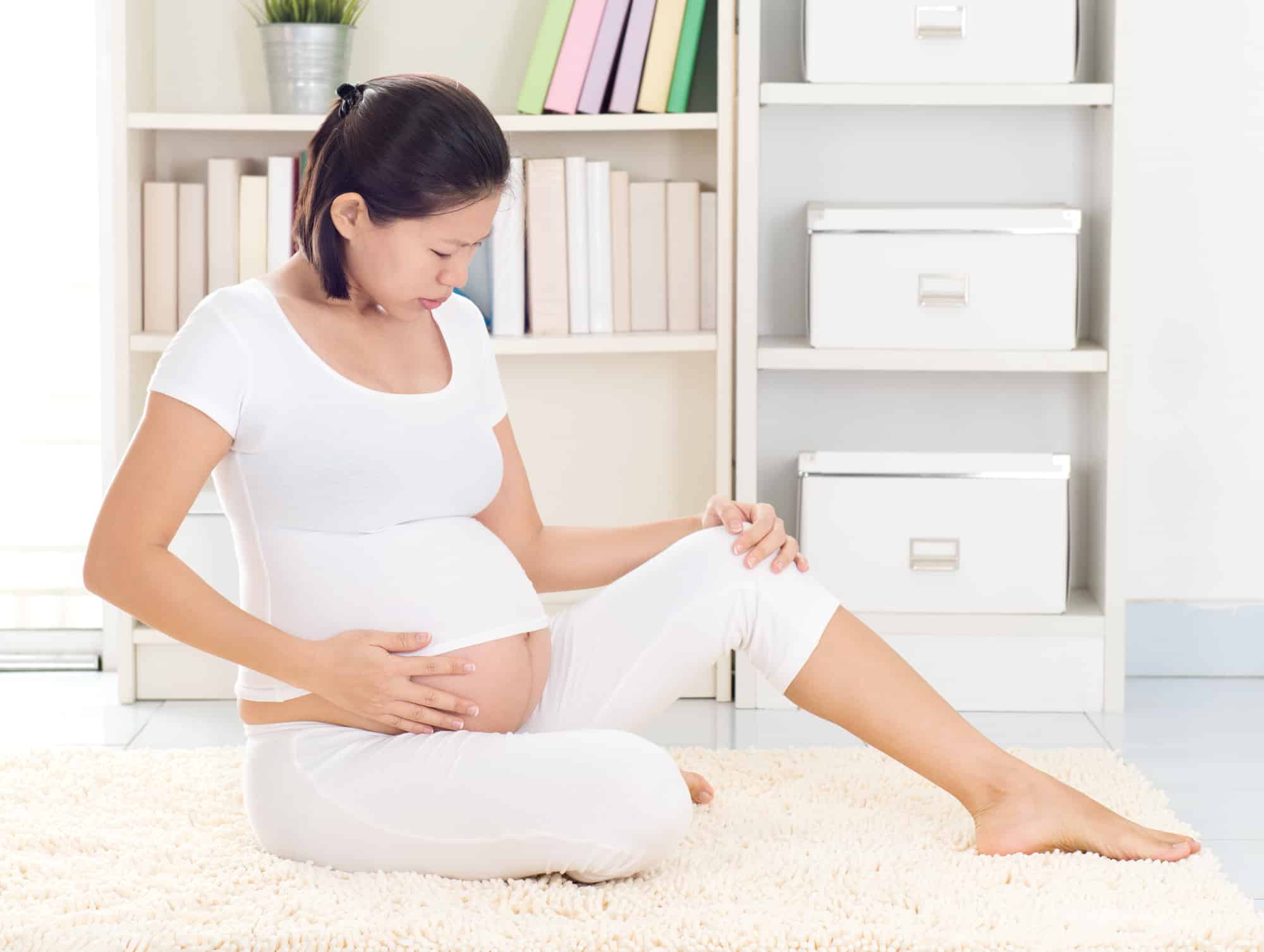
Are you pregnant now or planning to start a family soon?
If that’s you, your girlfriends have probably already told you in no uncertain terms to expect a variety of different aches and pains during your pregnancy. It’s par for the course, right?
These pregnancy-related pains tend to pop up all over the body. Sometimes, even without an apparent reason. Like pain in your fingers or toes or the back of your head.
But the pain in the knee joints and the lower back are among the most common kinds of pain for most Mums-to-be. That’s why we often see pregnant women stereotypically depicted shuffling along slowly and grimacing with one hand holding their back. But it doesn’t have to be like that.
Pregnancy-related joint pain can begin at any stage of your pregnancy from as early as 6-8 weeks and in virtually any joint in the body. However, pain in particular parts of the body – like the lower back and pelvis – are the most common as the pregnancy progresses past the 12-week mark and into the second and third trimester.
In our experience, most of the aches and pains during pregnancy are mild. Still, for some women, the pain can be debilitating. For these women, it’s tough. The pain can stop you from sleeping through the night and affect your quality of life and enjoyment of your pregnancy. Sadly, pregnancy and the postnatal period can be the opposite of “blossoming” for many women.
Does that sound like you?
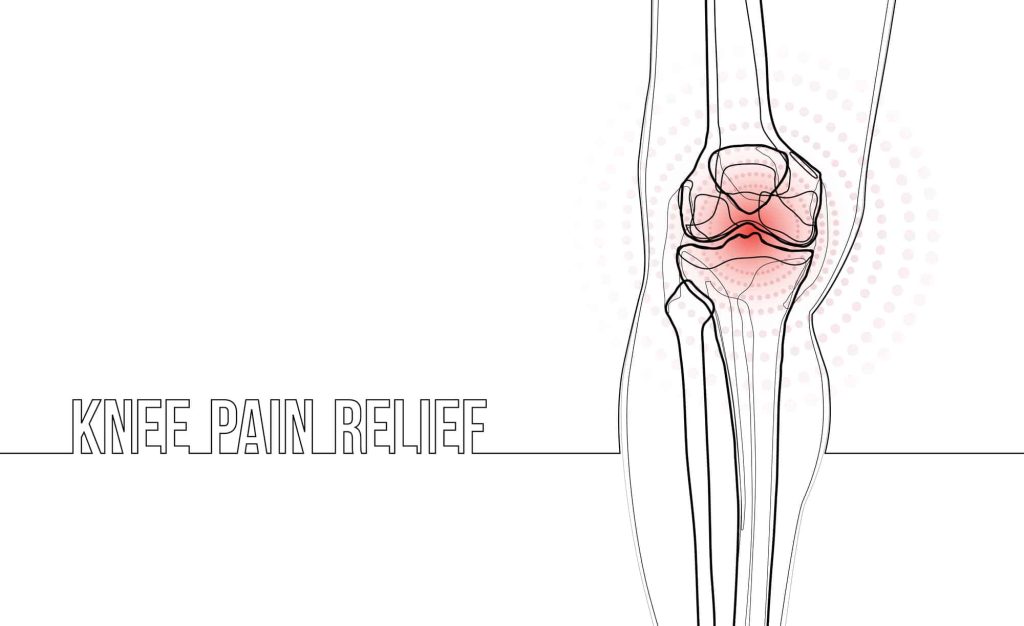
The areas we see that are most affected by joint pain during pregnancy are:
- Pelvic region: You may feel pain around the pelvic area. Including the hips, tailbone and pubic symphysis region – the centre of the pubic bone, and the lower back. If left untreated, these pains can lead to the development of pelvic girdle pain and or a condition that causes pain at the front of your pelvis, called “Symphysis Pubis Dysfunction or (SPD)”.
- Lumbar or lower back: Lumbar or lower back pain in pregnancy is triggered by the softening of the pelvic-area ligaments and the change in your spinal posture/curves as the baby grows
- Sacroiliac joint: The joints known as SI (sacroiliac) joints are the part of your body where the ilium and sacrum connect, the area between the pelvis and the tail bone. The SI joints are crucial in bearing the additional weight of your baby (although tiny in most cases but large in relation to what your body is used to carrying) and its distribution on the pelvis.
- Knee joint: Many women experience knee joint pain during pregnancy due to carrying around the additional weight of the baby, which puts continuous strain on the knees. Knee pain is more likely to occur during pregnancy if you have a pre-existing knee condition or old injury. However, it can also happen spontaneously during pregnancy due to hormone-related ligament changes and postural changes that occur during pregnancy.
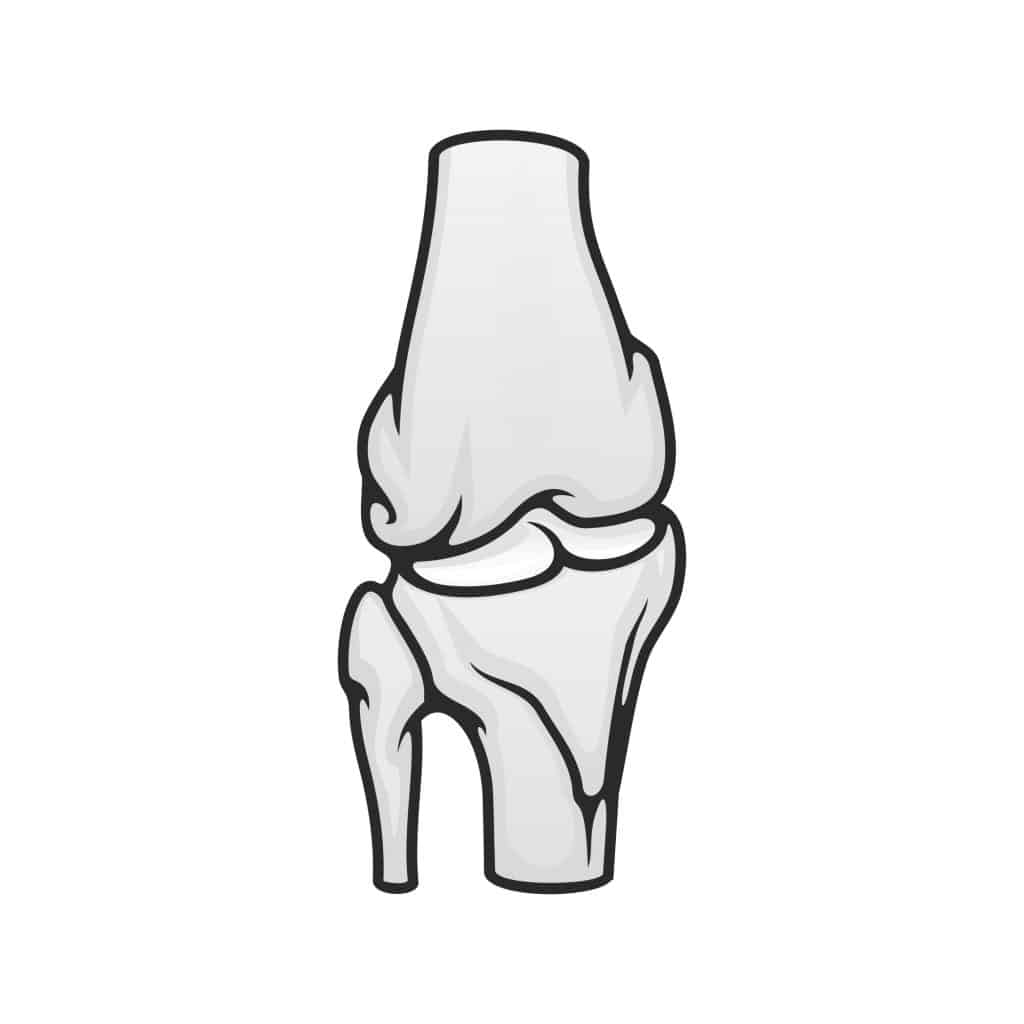
The cause of joint pain in pregnancy can be due to many different factors such as:
- The shift in posture that happens naturally during pregnancy
- An increase in weight in the lower parts of the body
- The relaxation of ligaments occurs due to the hormone “relaxin.”
But the most common reasons for pregnancy-related joint pain that we see in the clinic are:
- Expanding uterus: As your pregnancy progresses, your womb (uterus) begins to grow and develop, too, which causes your centre of gravity to shift, weakening and stretching your abdominal muscles. Because of this centre of gravity change, it puts additional stress on your lower back, which can lead to pain.
- Hormones: In pregnant women, the leading cause of softening joint ligaments and associated pain is the release of the pregnancy-related hormones progesterone and relaxin. Our bodies release the latter of the two, relaxin, to allow the pelvic ligaments to become loose and the pelvic girdle to move. This repositioning enables the baby can move more easily through the birth canal. However, this reduces the regular stability of the joints in the hips and pelvis and can make them feel “loose”. As a result, you may also feel lower back pain because of the release of this hormone. It helps the pelvis stretch and the SI joint to become more flexible to accommodate your baby.
- Postural issues: Changes in your posture occur naturally in pregnancy because of the extra weight you carry towards the front of the body. This change, along with the baby’s continual growth, causes a redistribute of weight in the belly region, which can trigger pain in the lower back and hips. In addition, even after pregnancy, continually carrying your new baby/toddler on your hip can affect your posture and cause lower back and hip pain.
- Increase in weight: Due to the hormonal changes, increased blood volume, growing baby, placenta, reduced activity levels and sometimes the unavoidable “cravings” and eating to beat morning sickness, we don’t just gain weight in the belly area during pregnancy. We also gain it in other areas of the body. Second, to the belly, most of us see weight gain around the hips, which increases stress on the joints and bones around the hips, knees and pelvis and can lead to joint pain.
The less common cause of joint pain during pregnancy:
One of the more severe but uncommon causes of joint pain during pregnancy is “Symphysis Pubis Dysfunction”. It can be intensely painful and cause issues with walking.
How To Alleviate Joint Pain In Pregnancy
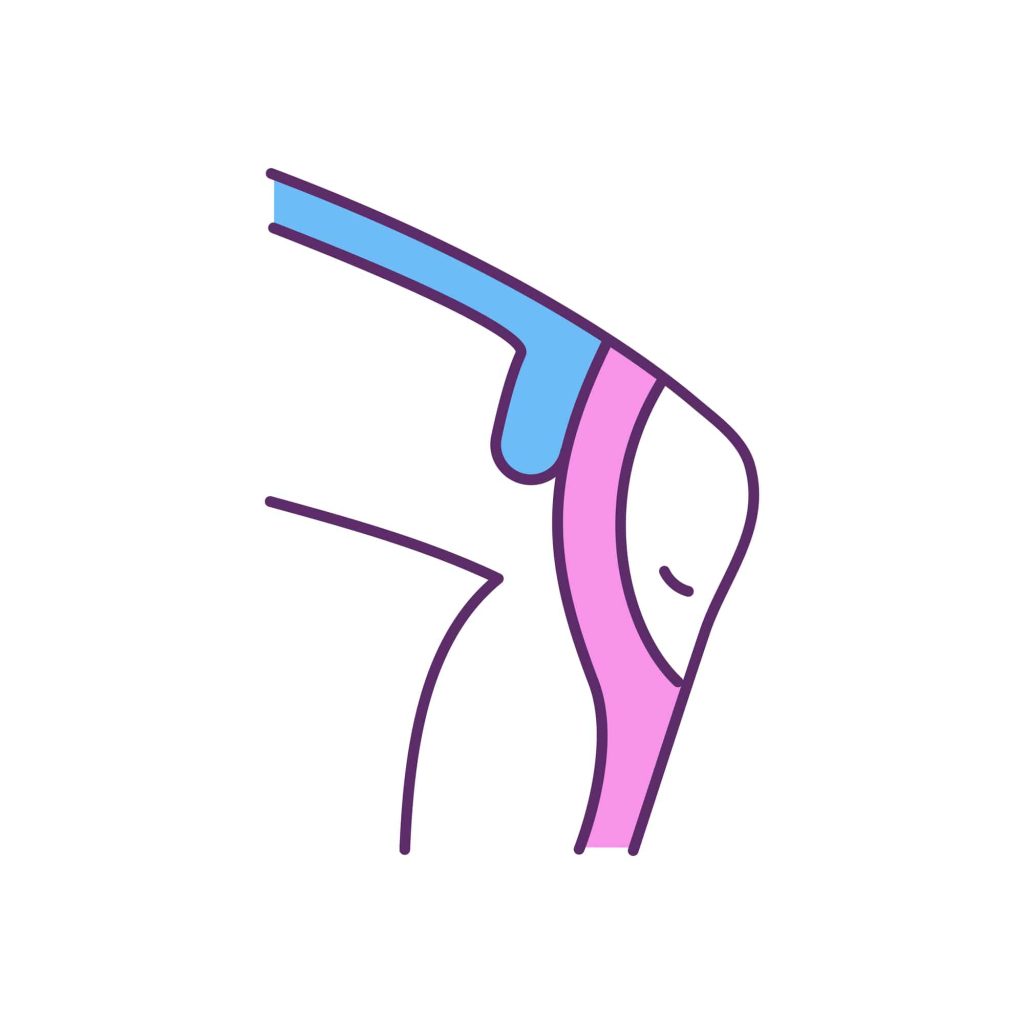
While joint pain in pregnancy can be intense and painful, there are many ways to relieve the pain:
- Physical therapy/ exercise: Gentle movement and exercises during pregnancy can help strengthen the muscles and help to reduce pain in the joints. However, you must check with your doctor first and consult a professional oestopath specialising in pre and postnatal care. They can provide pain relief with manual treatment and they can guide you through appropriate exercises, especially if you have joint pain. You can also try swimming, prenatal Pilates, and Yoga with your doctor’s approval.
- Consider a massage: In some cases, opting for a prenatal massage with a trained prenatal massage therapist can be beneficial in reducing tension in the muscles and reducing aches and joint pain.
- Use hot packs on the affected area: Hot packs, heating pads, or a hot water bottle can help relieve pain if you have joint pain. Some women like to talk a warm bath too to help relax the muscles and reduce pain. However, always take care to avoid direct heat on your bump.
- Belly band: If you’re in the second or third trimester of your pregnancy, you may want to try using a “belly band” for extra support. These bands can help relieve the ligament pain and pain in the lower back region that is so common in pregnancy. In addition, belly bands can alleviate round ligament pain due to the uterus stretching.
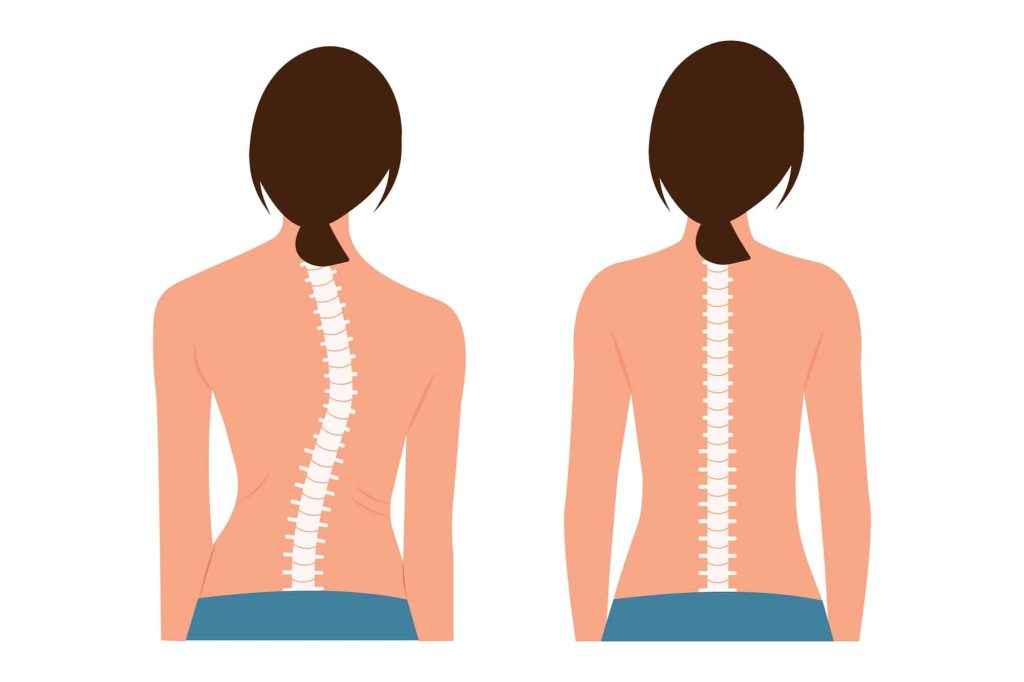
- Improve posture: If you try to improve your posture while sitting, standing, and walking around, it can pay dividends in reducing joint pain during pregnancy by reducing the strain on your joints. This improvement doesn’t just mean sitting on standing up straight. You can also improve your pregnancy posture by building strength and flexibility in the joints and surrounding ligaments and tendons. To do this, you can work with a professional osteopath who will create a customised exercise regimen for your needs.
- Modify sleep position: If you suffer from pain in your lower back during pregnancy. Just making simple modifications to your sleeping position can help significantly by reducing the pressure on your joints. For example, instead of lying on your back all the time, switch to sleeping on your side with a pillow tucked between your knees. But only if it works for you. If it’s not comfortable, don’t do it. Instead, find a position that works for you. The most comfortable sleeping position for you will depend on your baby’s position and how much they move during the night.
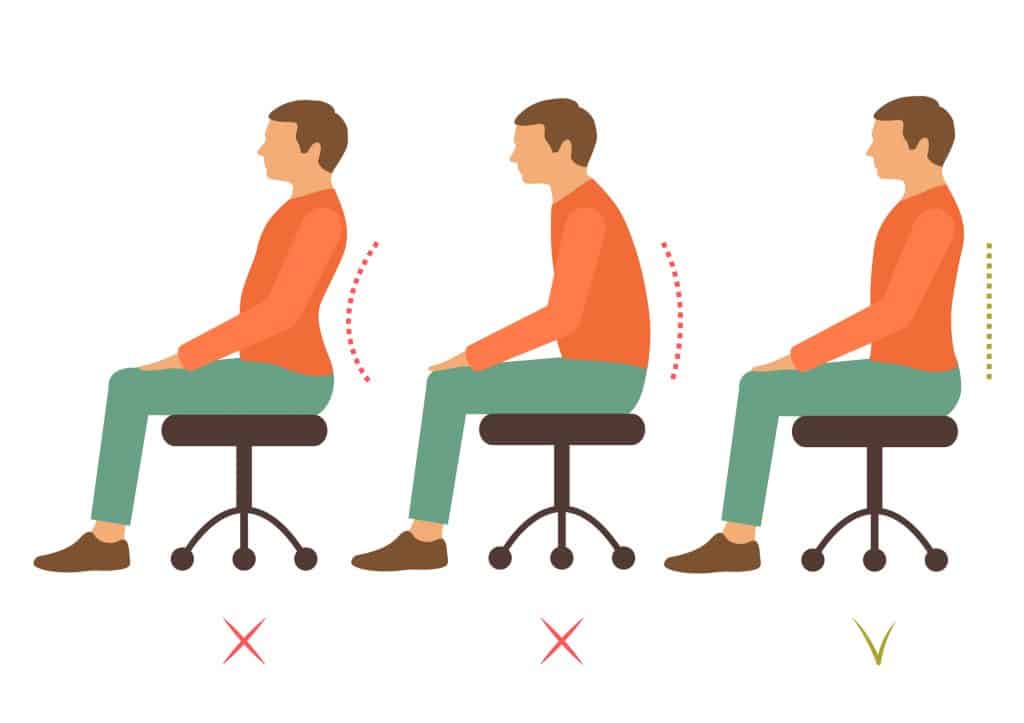
At Focus Osteopathy, we support Mums and soon-to-be Mums through every stage of their pre and postnatal journey. Osteopathy can be helpful for back pain and other musculoskeletal pains.
There are no quick fixes, but we can help you find the root cause of your pain and work with you to recover. We empower you to stay fit, have a healthy pregnancy, and prepare for and recover well after birth.
As well as finding the cause of your pain, we can also help you sit, sleep, and walk more comfortably.
If you have pregnancy-related knee pain, back pain, or any other joint pain, now. You can book a free consultation to talk to one of our Pregnancy and Post Natal practitioners to find out how we may be able to help you.
